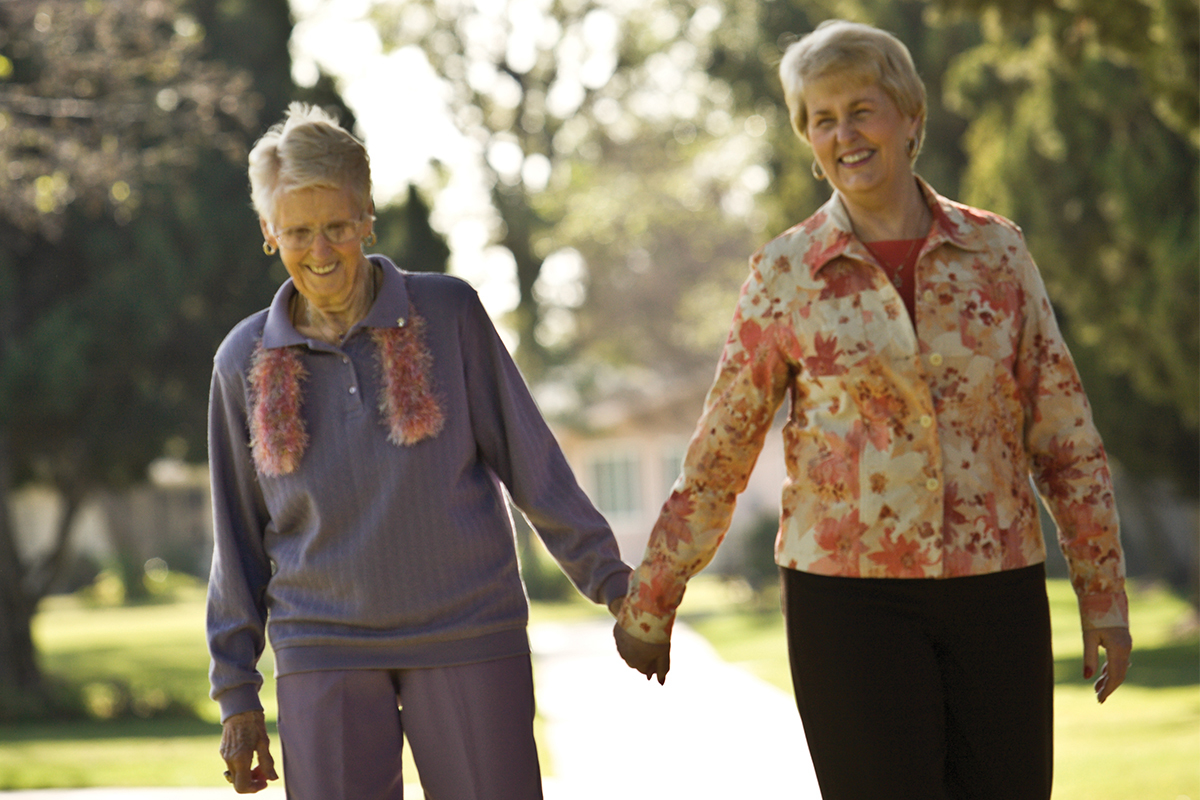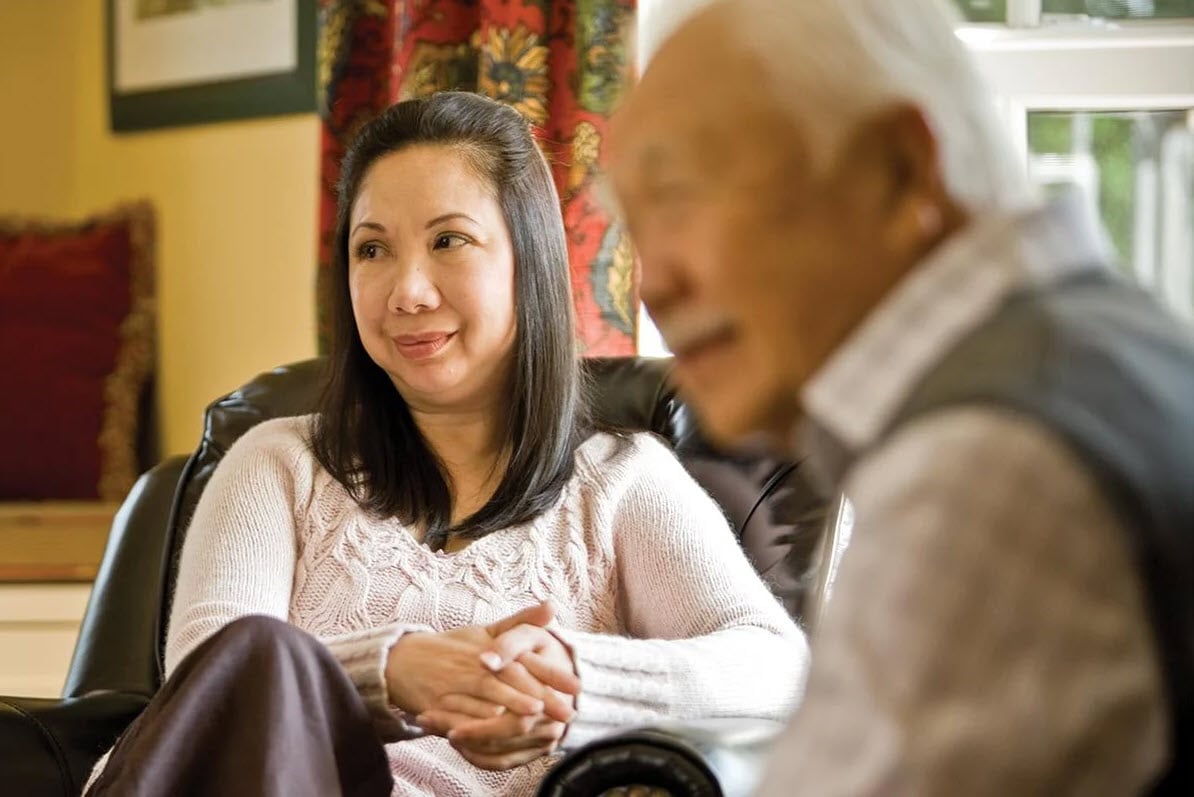The impact of caregiving can be a harsh reality for the family caregiver, putting a strain on physical, mental and emotional health. According to a survey of 1,000 North American working family caregivers, conducted by Home Instead, Inc., franchisor of the Home Instead® network:
- 80 percent report that caregiving places strain on overall physical health and 85% report caregiving places a strain on mental health
- 86 percent report that caregiving makes it more difficult to manage work-life balance
- 63 percent say that caregiving makes it harder to take care of themselves
Do these statistics ring true for you?
If you are a working family caregiver, consider the following tips:
- Recognize the signs of stress: Are you snapping at your co-workers or others? Perhaps forgetting tasks that are normally like second nature to you? It could be stress. Identify the kinds of issues you have control over and what is best to let go. Put a plan of action into place to improve what you can and try to forget the rest.
- Guard yourself from depression: Depression could sneak up on you and take hold, impacting multiple areas of your life. If you’re feeling overwhelmed and depressed, contact your HR (Human Resources) department or Employee Assistance Program (EAP) to find what benefits might be available to you. Many insurance policies cover counselling. Schedule an appointment with your doctor.
- Learn better communication techniques: If you need help, don’t be afraid to ask for it. It’s important to be proactive in communicating your challenges and needs. Check out these conversation starters to get the dialogue going.
- Sleep, diet and exercise: If there were a magic potion for family caregivers, this could be it. Eating healthy, walking as much as you can (at least 30 minutes a day is recommended) and getting seven to eight hours of sleep may seem like an impossible goal, but it could make the difference between maintaining health and a downward spiral.
- Don’t go it alone: Your EAP could be a great source of information on whether your company offers counselling, resource and referral services, support groups and other help. In addition, more companies have wellness programs. It’s easier said than done, but try not to allow caregiving to consume your life.
Respite Care Services Near Me





